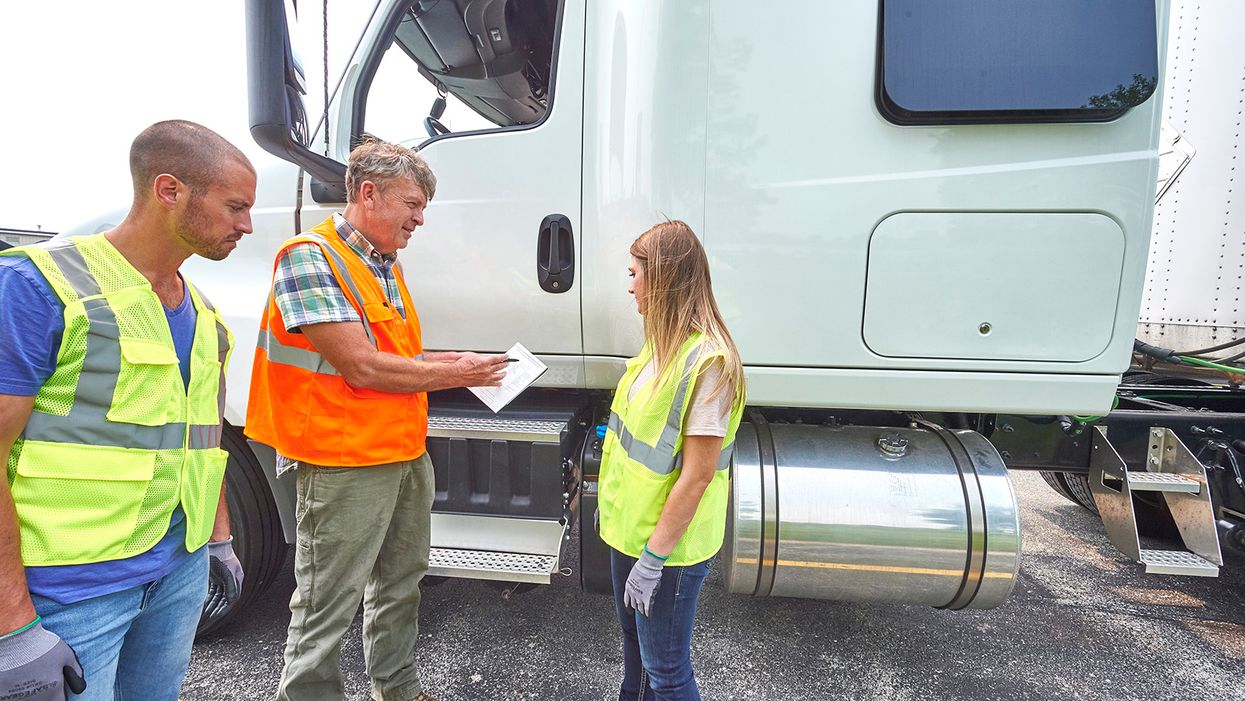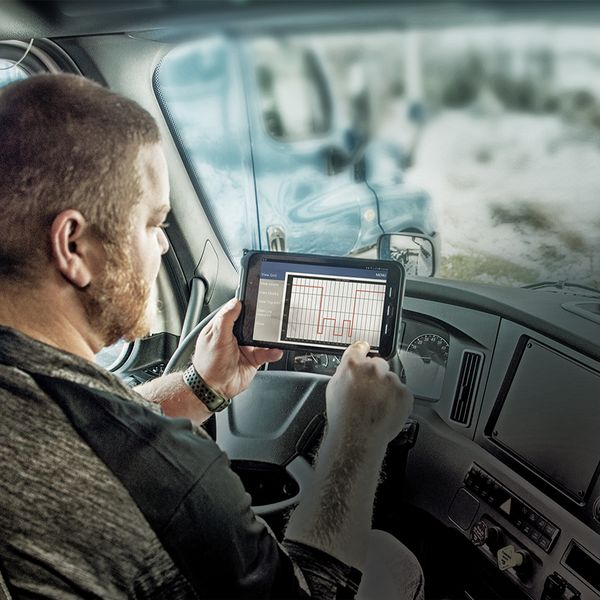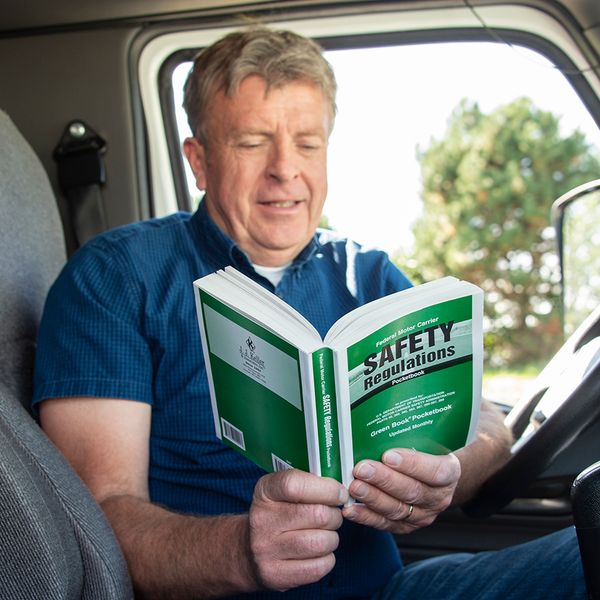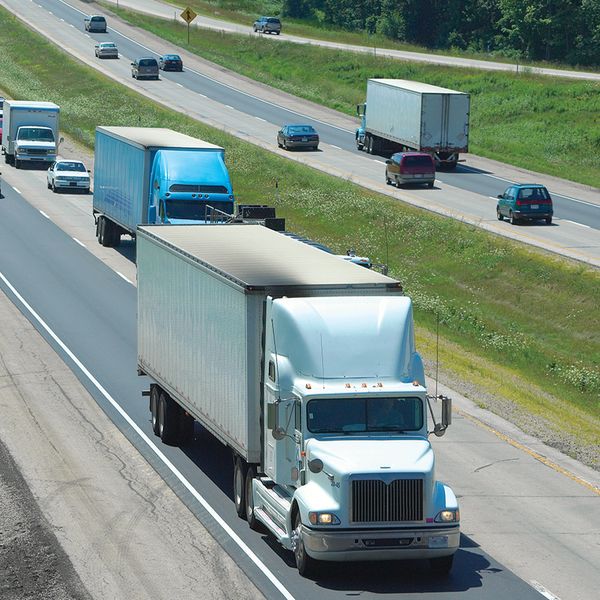Transportation Monthly Round Up - May 2023
Warning letters sent to motor carriers with high CSA scores are helping to reduce crashes, according to new estimates from the Federal Motor Carrier Safety Administration or FMCSA. In a recent report, the agency estimates that almost 6,250 crashes were prevented as a direct result of the over 25,000 warning letters sent in fiscal year 2019 alone. That’s about one crash prevented for every four warning letters. The FMCSA says the letters also likely prevented nearly 3,400 injuries and saved 183 lives.
DOT-regulated employers will soon have the option of sending covered employees for an oral-fluid drug test in addition to urine testing.
New regulations go into effect June 1, 2023, harmonizing DOT’s Part 40 drug testing procedures with saliva testing guidelines established by the Department of Health and Human Services, or HHS. Before oral fluid testing can be used, HHS needs to certify at least two laboratories, which has not been done. Oral specimen collectors must also be trained on the new procedures.
Carriers that chose to use oral fluid testing will need to update their DOT drug and alcohol testing policy accordingly.
Beginning January 1, 2024, new rules under the International Registration Plan (IRP) will apply to distance records produced by vehicle tracking systems, including electronic logging devices (ELDs), and global positioning systems (GPS).
Carriers using ELDs and GPS for distance tracking should review their IRP recordkeeping practices and confirm with their service providers that the new standards will be in place on January 1, 2024.
It has been four months since enforcement began for those required to comply with Canada’s electronic logging device or ELD mandate. Three recent challenges include ELDs that cannot transfer the records electronically, officers not being able to certify the information gathered from the ELD, and drivers simply failing to have the ELD not mounted properly.
Plus, each jurisdiction is on its own timeline regarding the enforcement of the ELD mandate. Most jurisdictions have been enforcing the mandate on federal carriers since January 1. But still, even for federal carriers, enforcement timelines, and associated fines and penalties may not be the same across the country. This patchwork can be confusing, and carriers need to stay current on the status of federal and provincial enforcement to avoid problems.
That’s it for this month’s roundup. Stay safe, and thanks for watching.























































